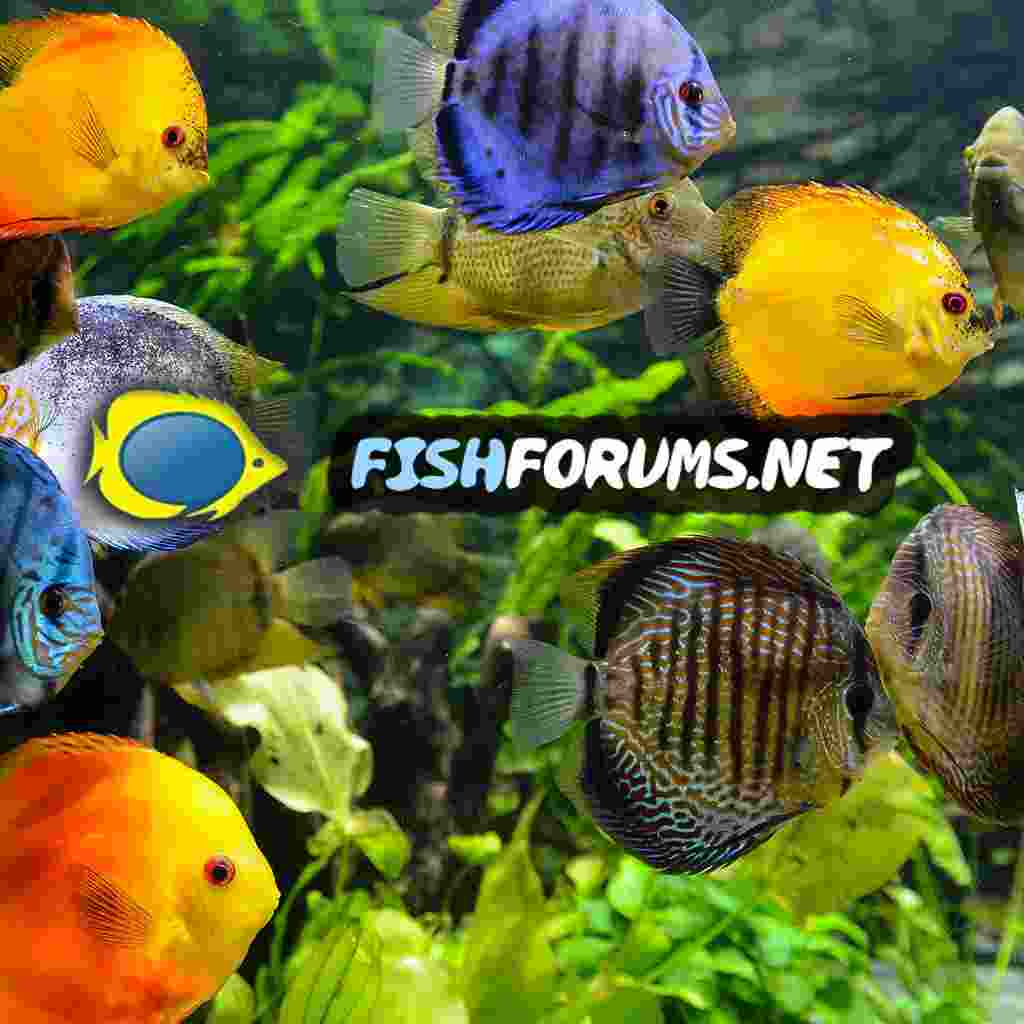Hi, I just want to clear this up.
I just ordered micro pellets from Hikari, I'll try these with my still pretty small guppies and ordered NT Labs for worms.
Since the flubendanzole will kill my shrimps... Does it matter for them if they eat a medicated pellet? Or it doesn't matter if it's a medicated pellet or if it's in water?
I'm only asking this cause not sure if every guppy will eat the pellets or miss them.. I can't move my shrimps anywhere, I just don't have anywhere to put them in.
I've been seeing whitish stringy ish poo from my guppies, and I'm just so paranoid. I want to medicate them just in case. I'm not letting this tank make me quit once and for all.
I just ordered micro pellets from Hikari, I'll try these with my still pretty small guppies and ordered NT Labs for worms.
Since the flubendanzole will kill my shrimps... Does it matter for them if they eat a medicated pellet? Or it doesn't matter if it's a medicated pellet or if it's in water?
I'm only asking this cause not sure if every guppy will eat the pellets or miss them.. I can't move my shrimps anywhere, I just don't have anywhere to put them in.
I've been seeing whitish stringy ish poo from my guppies, and I'm just so paranoid. I want to medicate them just in case. I'm not letting this tank make me quit once and for all.





 /cafishvet.com/fish-health-disease/stringy-white-fish-poop/
/cafishvet.com/fish-health-disease/stringy-white-fish-poop/